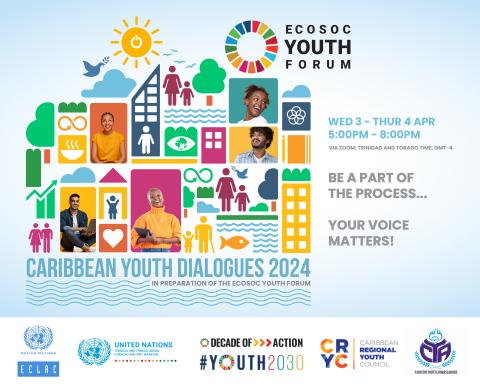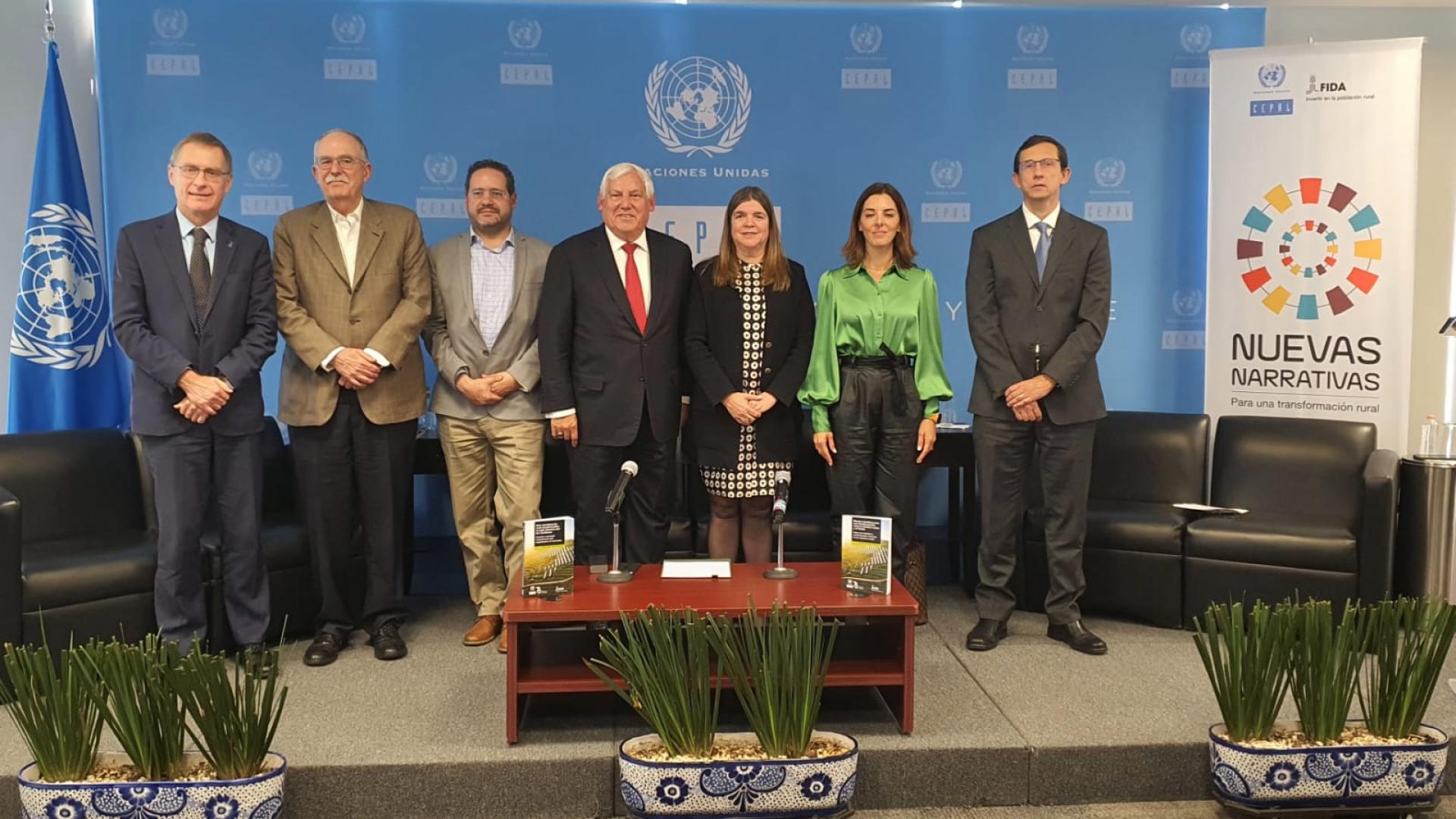Op-ed
Ministers and policy makers from twenty-two countries across the Caribbean will gather in Trinidad and Tobago next week to discuss and forge a path for transforming and building inclusive and sustainable Caribbean development at the United Nations Economic Commission for Latin America and the Caribbean’s meetings of the Caribbean Development Roundtable and Caribbean Development and Cooperation Committee.
The deliberations come on the heels of the Fourth International Conference on Small Island Developing States (SIDS4), held in Antigua and Barbuda in May. Out of that meeting emerged the Antigua and Barbuda Agenda for SIDS (ABAS), a 10-year multilateral commitment to support SIDS in achieving sustainable development and resilient prosperity. Discussions at this ECLAC Caribbean’s meetings will focus on ensuring resilient growth and sustainable development of the subregion, informed by the ABAS.
ECLAC Caribbean Director Diane Quarless says this about the Caribbean’s development focus: “The CDCC is such a great mechanism for development and cooperation in the Caribbean. The CDCC has been in existence for 49 years but meets biennially, and this is its 30th meeting. It is truly an inclusive forum embracing all states and territories in the subregion, and it fosters and facilitates regular collaboration and consultation with the agencies of the wider UN system as well as regional and international organizations for exchange of ideas and a collective effort to address economic, social and environmental challenges, working to build technical and institutional capacity in the individual countries, making the development project work. How to advance the sustainable development agenda. How we ensure that our multidimensional vulnerability does not undermine our capacity to achieve the Sustainable Development Goals by 2030.”
This year, the CDR will feature discussions on the five important areas of: climate change and resilience building; operationalizing the Multidimensional Vulnerability Index (MVI); improving access to climate finance; improving productive development policy and revisiting economic diversification for development. These topics of discussion are integral to the pursuit of sustainable development and critical in addressing the multiple challenges and crises that small island developing States face. ECLAC Executive Secretary Salazar Xirinachs will present the Commission’s rethinking of strategies to transform the subregion’s development model to make it more productive, inclusive and sustainable.
Established in 1975, the CDCC is the intergovernmental subsidiary organ of ECLAC that meets at ministerial level in the Caribbean. It promotes and strengthens economic and social cooperation and integration among the countries of Latin America and the Caribbean.
The Caribbean Development Roundtable (CDR) is the premier forum for development discussion in the Caribbean. It is where policymakers meet thinkers and people. It is the engine room for development thinking and cooperative action in the Caribbean.
More about ECLAC Caribbean
The mission of the Economic Commission for Latin America and the Caribbean (ECLAC) subregional headquarters for the Caribbean, is to deepen the understanding of the development challenges facing the Caribbean, and to contribute to solutions by conducting research and analysis and providing sound policy advice and technical assistance to Caribbean governments, focused on growth with equity and recognition of the subregion’s vulnerability.



